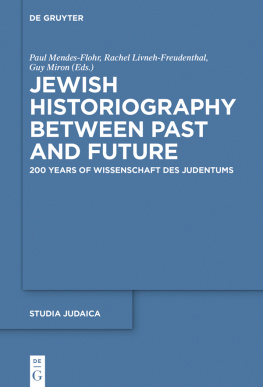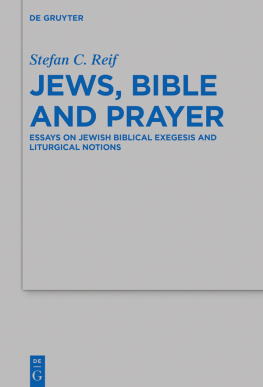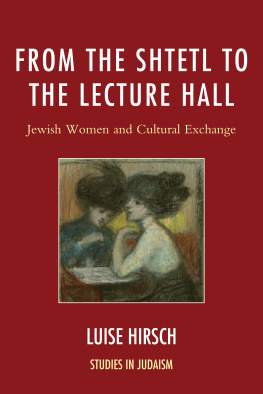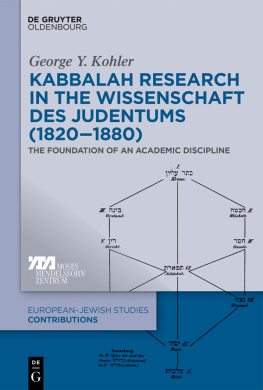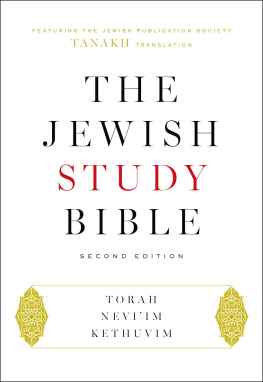Contents
Guide

Jewish Historiography Between Past and Future
Studia Judaica

Forschungen zur Wissenschaft des Judentums
Begrndet von
Ernst Ludwig Ehrlich
Herausgegeben von
Gnter Stemberger, Charlotte Fonrobert,
Elisabeth Hollender, Alexander Samely
und Irene Zwiep
Band 102
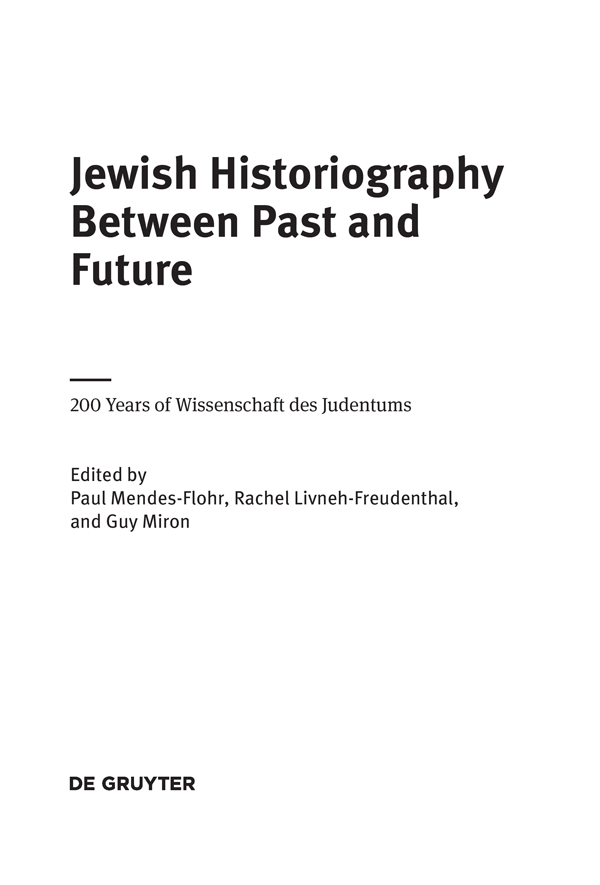
This volume was published with support of the Thyssen Foundation
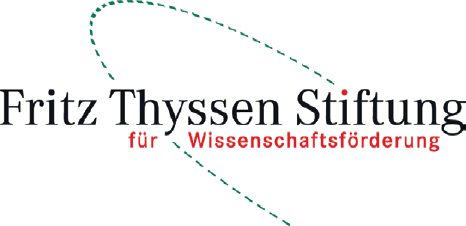
ISBN 978-3-11-055354-3
e-ISBN (PDF) 978-3-11-055461-8
e-ISBN (EPUB) 978-3-11-055369-7
ISSN 0585-5306
Library of Congress Control Number: 2019939559
Bibliografic information published by the Deutsche Nationalbibliothek
The Deutsche Nationalbibliothek lists this publication in the Deutsche Nationalbibliografie;
detailed bibliografic data are available on the Internet at http://dnb.dnb.de.
2019 Walter de Gruyter GmbH, Berlin/Boston
www.degruyter.com
Paul Mendes-Flohr
Introduction
From its modest beginnings in Berlin in 1818, Wissenschaft des Judentums has burgeoned into a scholarly field of study pursued by a vast cadre of scholars. Now constituting a global community, these scholars continue to draw their inspiration from the determined pioneers of Wissenschaft des Judentums in nineteenth- and twentieth-century Germany. Beyond setting the highest standards of philological and historiographical research, German Wissenschaft des Judentums had a seminal role in a creating modern Jewish discourse in which cultural memory, bearing the stamp of historical scholarship, supplements traditional Jewish learning. The secular character of modern Jewish Studies initially pursued in German and subsequently in other vernacular languages (e.g., French, Dutch, Italian, Hebrew, Russian, Spanish, Yiddish), greatly facilitated exchange with non-Jewish scholars, and thereby encouraging mutual understanding and respect. Indeed, one of the overarching objectives of Wissenschaft des Judentums was to demonstrate that post-biblical Judaism played a vital role in the shaping of European culture. Hence, the Jews sought political emancipation and integration into the social and cultural life of Europe not as alien, Asiatic interlopers, but as co-progenitors of the modern spirit by right of patrimony. Judaism should, therefore, be honored as intrinsic to the curriculum of a modern, educated individual. Accordingly, in the preface to his monograph of 1832 on the history of Jewish homiletic literature Die gottesdienstlichen Vortrge der Juden Leopold Zunz (17941886) appealed to the German universities to embrace the academic study of Judaism: If emancipation and scholarship are not to be mere words, not some tawdry bit of fancy goods for sale, but the fountainhead of morality which we have found again after a long period of wandering in the wilderness, then they must fecundate institutionshigh ranking educational institutions.
The cause of Jewish scholarship and emancipation thus go hand and hand. In this regard, Jewish Studiesas the luminaries of nineteenth-century Wissenschaft des Judentums adamantly insistedshould not be relegated to the particular intellectual and theological interests of the Jewish community or assigned to what in the United States is called ethnic studies.
The present volume is largely based on papers delivered at a conference, sponsored by the Leo Baeck Institute in Jerusalem, by scholars from North America, Europe, and Israel. Each of these essays explores ramified and evolving historical and methodological issues. The volume thus represents a tribute to the two hundred year legacy of Wissenschaft des Judentums and its singular contribution not only to modern Jewish self-understanding but also to the ever unfolding of humanistic cultural discourse. In the essay that opens this volume, Rachel Livneh-Freudenthal highlights the critical historical study of the sacred literature of rabbinic Judaism as the hallmark of the founding generation of Wissenschaft des Judentums . They thereby sought to herald the integration of Jews into the modern cognitive landscape marked by the concept of Wissenschaft the assumption that scientific, objective criteria should be applied to examine all cultural phenomena, including religious literature. In doing so, Leopold Zunz and his colleagues, as Livneh-Freudenthal points out, implicitly promoted a radical transformation of Jewish self-understanding. Historical knowledge would perforce entail critical reflections on Jewish tradition, the theological presuppositions of its sacred texts and religious practices. The attendant epistemological and existential challenge posed by historical scholarship was eloquently anticipated by Moses Mendelsohn when he addressed in his defense of Judaism as a revealed religion, Jerusalem (1783), the question raised by his friend Gotthold Ephraim Lessing: To what kind of certainty does religious belief belong? Is it to be classified with the meta-historical, timeless truths of reason or the accidental truths of history? As Lessing famously put the issue:
Contingent historical truths can never serve as proof for necessary truths of reason [] To jump from that historical truth [of Christs resurrection] to an entirely different class of truths is to ask me to alter all my metaphysical and moral concepts accordingly [] This is the ugly, wide ditch over which I cannot leap however often and earnestly I try.
Like Lessing, Mendelssohn understood this ugly, wide ditch ( der garstige breite Graben ) to constitute not just an epistemological quandary but also a theological challenge of far-reaching existential significance. How was he to reconcile his abiding fidelity to the Torah as the revealed, timeless truth of Gods Word, and his commitment to rational, historically constituted, enlightened culture? Wissenschaft des Judentums served to deepen Lessings ditch.
In his contribution, Jay R. Berkovitz notes that seventeenth- and eighteenth-century traditional rabbis, while tacitly acknowledging the ditch, nonetheless affirmed the value of critical, philological scholarship in their analyses of rabbinic sources. The epistemological and existential challenge to cross the ditch was boldly confronted by nineteenth-century Orthodox thinkers. In his chapter, Asaf Yedidia considers the writings on faith and historical scholarship of Abraham Berliner (18331915), the editor of the scholarly journal Magazin fr die Wissenschaft des Judenthums and a faculty member at Rabbi Esriel Hildesheimers Berlin Seminary for the training of Orthodox rabbis.
For non-Orthodox thinkers, however, the adoption of the epistemological and methodological tenets of Wissenschaft des Judentums necessitated a theological and philosophical reconceptualization of Judaism. In his contribution to this volume, George Y. Kohler revisits the theological writings of the Reform Rabbi Ludwig Philippson (18111889). Drawing on his extensive scholarly studies on the Hebrew Bibles evolving conception God as the basis of a universal ethics; Philippson elaborated a theology of Reform Judaism centered in ethical monotheism.
Wissenschaft des Judentums was not limited to the Deutsche Kulturbereich . It found adherents throughout Europe and eventually also in North America. Wissenschaft des Judentums , as Asher Salah notes in his chapter, fostered an international republic of scholars. In an age when letter writing was the lone means of communication between individuals separated by geographic distance, Jewish scholars established a trans-regional and trans-national epistolary network whereby scholars would exchange Wissenschaftliche queries and share the fruits of their historical and philological research. Selah illustrates this epistolary efflorescence of Jewish scholarship through the extensive correspondence Marco Mortara (18151894), Chief Rabbi of Mantua, Italy.

